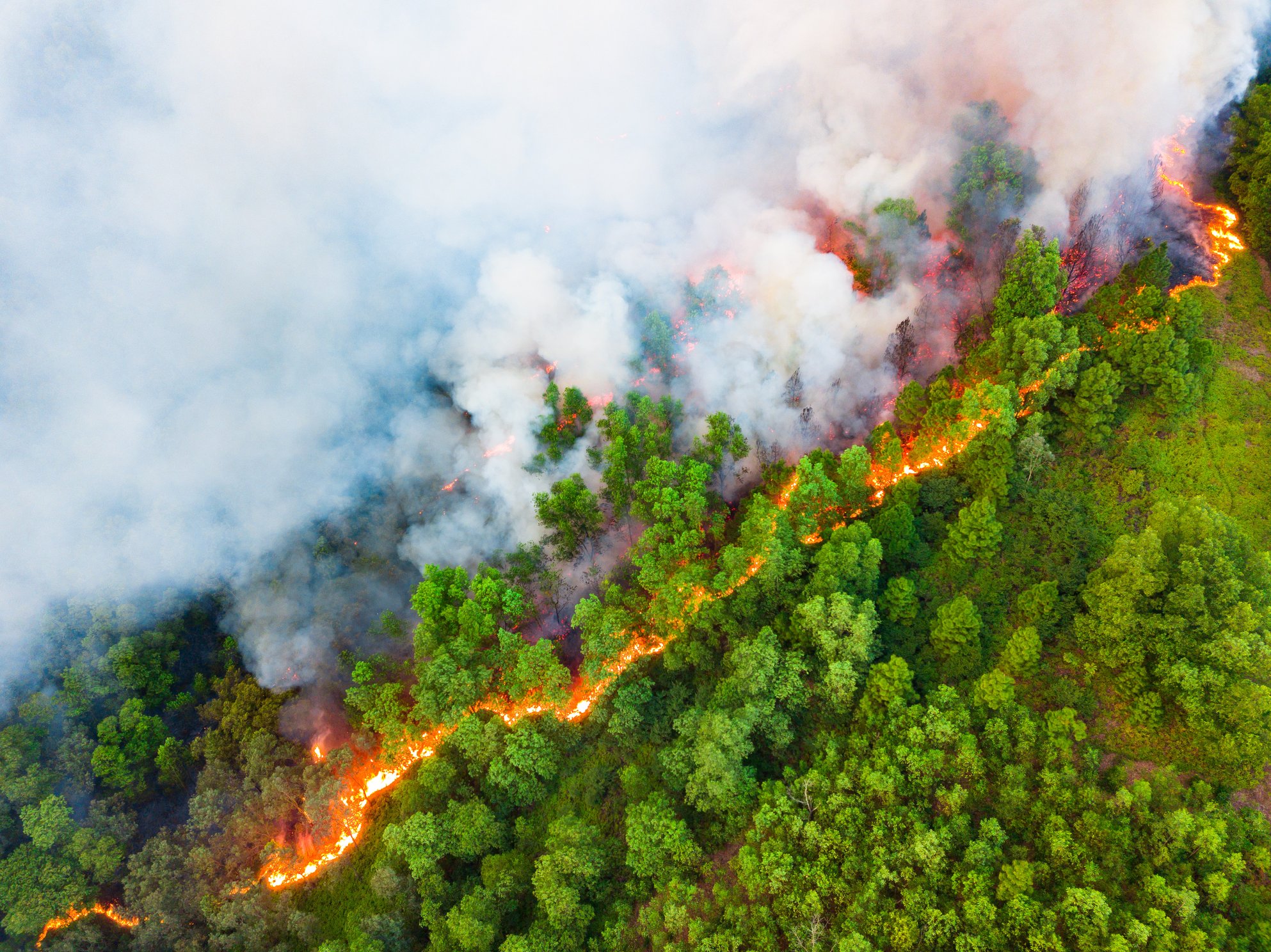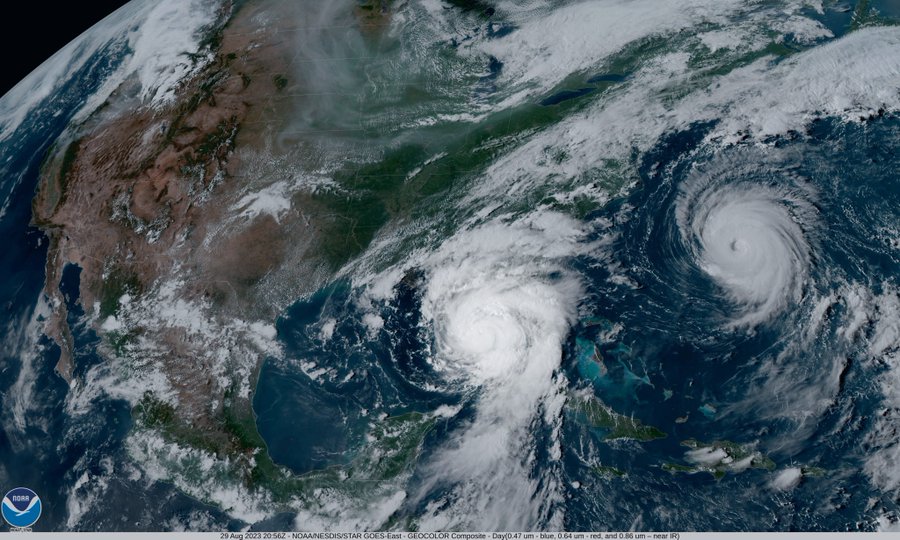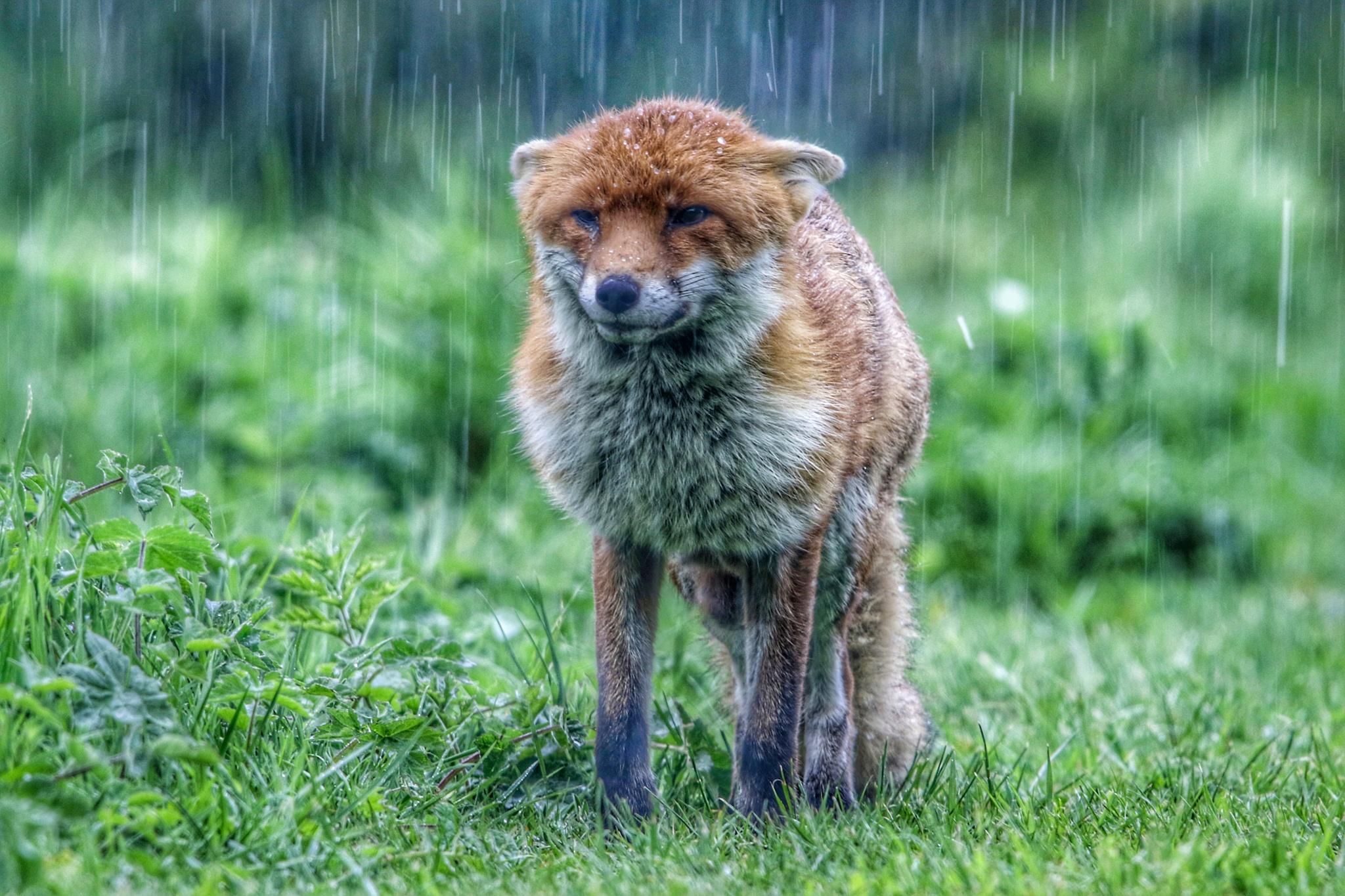MetMatters guide to COP27
COP27 takes place in Sharm El-Sheik in Egypt this year. The climate conference is the 27th meeting of the United Nations Conference of the Parties since the world’s governments first agreed to limit global warming back in 1992.
Liz Bentley, Chief Executive of the Royal Meteorological Society, is observing the negotiations and has given us an exclusive look behind the scenes at the COP27 climate summit.
Dave Griggs, Vice-President of the Royal Meteorological Society, explains some of the key terms and phrases and outlines what we can expect from the African COP.
Paris Agreement or Accord: The Paris Agreement is, for the first time, a legally binding international treaty on climate change. It was adopted at COP21 in Paris in 2015 and came into force on 4 November 2016. The Paris Agreement sets long-term goals to:
- To "pursue efforts" to limit global temperature rises to 1.5 °C, and to keep them "well below" 2.0 °C above pre-industrial levels
- To limit greenhouse gas emissions from human activity to net zero — between 2050 and 2100
- To review countries’ commitments every five years;
- Richer countries to help poorer nations by providing funding, to mitigate climate change, strengthen resilience and enhance abilities to adapt to climate impacts
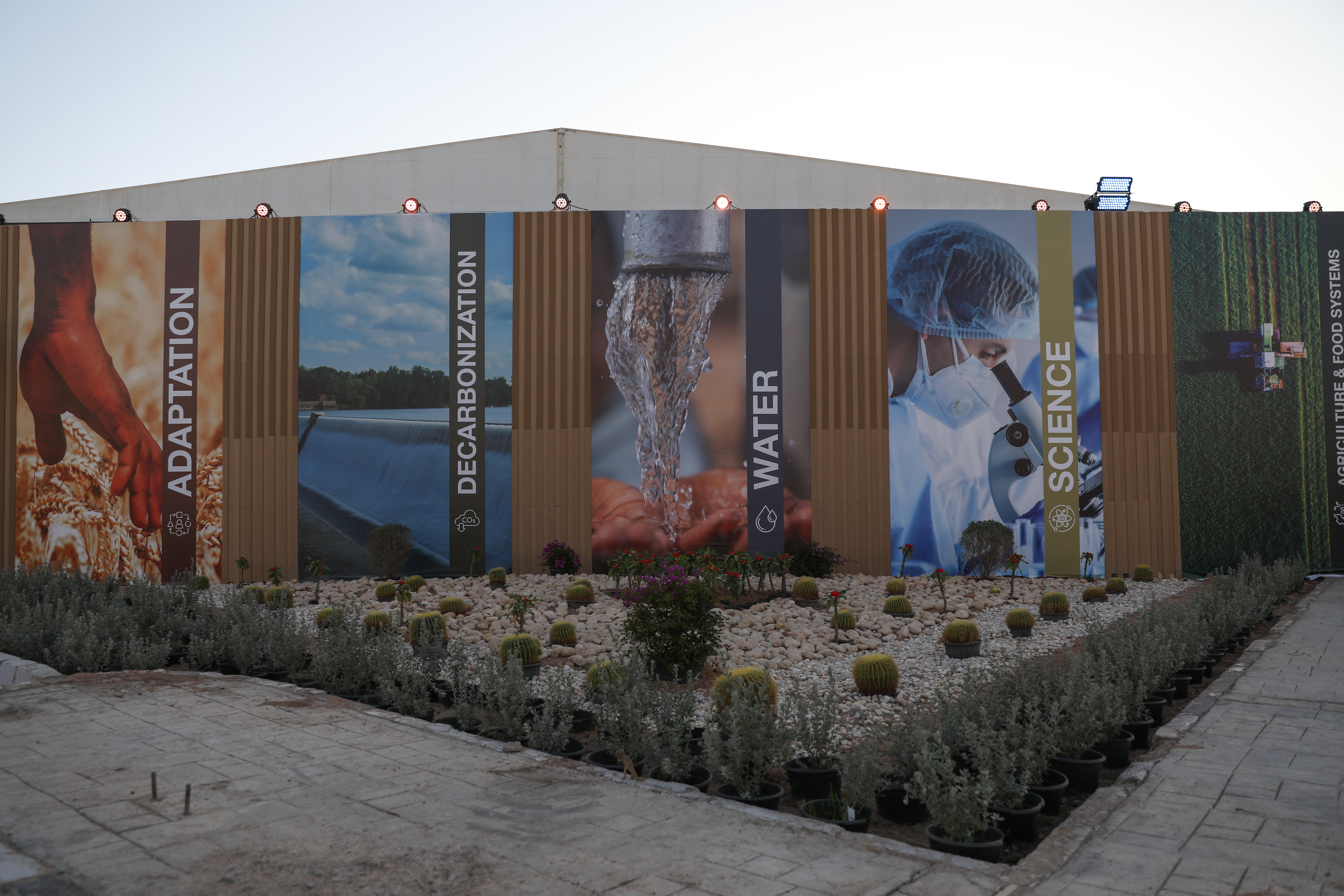
IPCC: The Intergovernmental Panel on Climate Change assesses the latest research into climate change
Net zero: This means reducing greenhouse gas emissions as much as possible, and balancing out remaining emissions by absorbing an equivalent amount from the atmosphere. Many countries have pledged to get to "net zero" by 2050.
NDC: Simply put, an NDC, or Nationally Determined Contribution, is a climate action plan to cut emissions and adapt to climate impacts. Each party to the Paris Agreement is required to establish an NDC and update it every five years.
Climate justice: There is no simple definition of climate justice, but it has become a widely used term to reflect the idea that historical responsibility for climate change lies with industrialised nations that have been burning large volumes of fossil fuels for centuries, but it disproportionately impacts the poorer regions that are most vulnerable to climate change. The term has also been used to refer to fossil fuel companies themselves and to describe the intergenerational injustice of older generations benefiting from fossil fuels and leaving young people to deal with the consequences.
Loss and damage: Loss and damage refers to the irreversible economic and non-economic costs of climate change. Economic costs include the lives, livelihoods, homes, food systems and territory irreversibly lost, while the harder to quantify non-economic costs refer to the loss of culture, identity, sovereignty, human dignity, biodiversity and psychological wellbeing. The largest losses and damages are being, and will continue to be, felt by the poorest countries.

What happened at COP26 last year
COP26 adopted the Glasgow Climate Pact. Items in the pact include increasing efforts and provide the necessary finance to build resilience to climate change and to reduce greenhouse gas emissions. The pact restated that countries need to fulfil their pledge of providing $100 billion per annum to developing countries. And it agreed that countries need to work together to reduce the gap between existing emission reduction plans and what is required to meet goal of limiting global warming to no more than 1.5 °C.
In addition, a number of pledges were agreed:
- to "phase down" the use of coal and inefficient subsidies for fossil fuels
- to stop deforestation by 2030
- to cut methane emissions by 30 % by 2030
- to submit new climate action plans to the UN
This year’s host, Egypt, has said that COP27 will be about implementing these pledges.
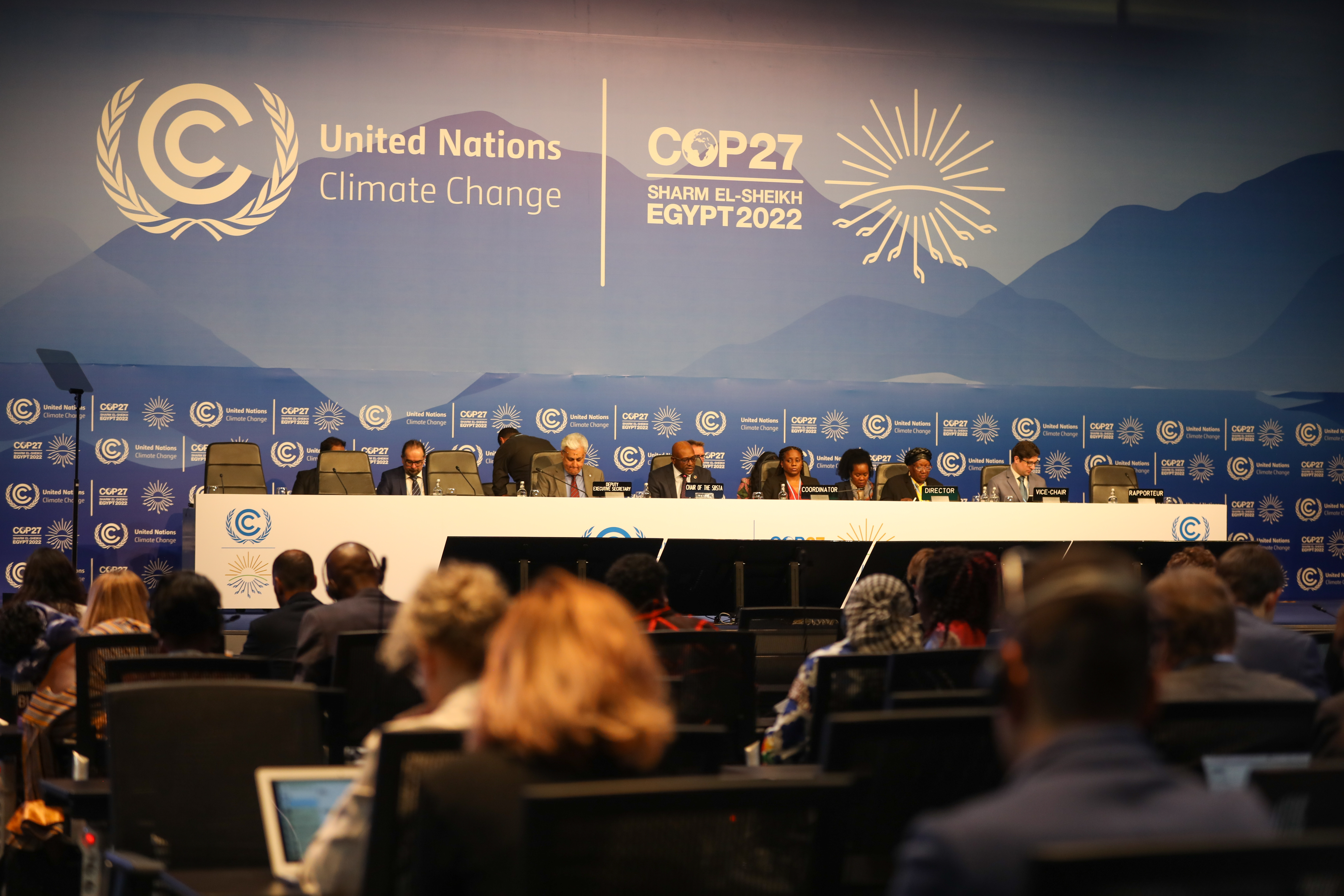
Key issues for COP27
Before the meeting, countries were asked to submit ambitious national climate plans. At the start of COP27, only 25 had done so. The UNFCCC’s latest assessment shows that as of late September 2022, mitigation commitments in NDCs would, if implemented, increase emissions by 10.6 per cent by 2030, in strong contrast to the 45 per cent emissions reduction needed to align with a 1.5 °C pathway.
It is likely that COP27 will focus on three main areas:
- Reducing greenhouse gas emissions — because emissions reductions promised ahead of COP26 remained insufficient to limit global warming to the agreed levels, the Glasgow Climate Pact called for countries to put forward strengthened targets within the year. So emissions reductions will remain a key focus of COP27.
- Helping countries to prepare for and deal with climate change — at COP26 the Glasgow Climate Pact urged developed countries to at least double adaptation finance, as well as the launch of a two-year work programme on the global goal on adaptation. Many will be hoping to see a better understanding of the need for adaptation from a wider array of countries at COP27, and for greater support to facilitate implementation of adaptation plans.
- Securing technical support and funding for developing countries — developing countries will hope to see the fulfilment of historic promises, such as the $100 billion annual climate finance which developed countries were meant to deliver each year, from 2020 to 2025, but which so far has not been met. This will be particularly challenging given the fact that all countries are facing financial challenges, with prospects of recession, rising energy and food prices, and citizens struggling to cope with the cost-of-living crisis.
In addition, some areas not fully resolved or covered at COP26 will be important:
Loss and damage finance - money to help countries recover from the effects of climate change, rather than just prepare for it. Developing countries are seeking financial support towards the cost of loss and damage from developed countries whose current and historic activities have largely contributed to climate change. Loss and damage is on the provisional agenda for COP27. Developing countries will be hoping to see the topic formally adopted as part of the COP27 agenda, and to see concrete decisions on funding arrangements.
There will also be themed days on issues including gender, agriculture and biodiversity.
FREE Community Leaders Climate Change Training
The Royal Meteorological Society is inviting community leaders (i.e. faith groups, community centres, youth groups, cultural organisations, and educators) across all UK regions to join us in a FREE online training session.
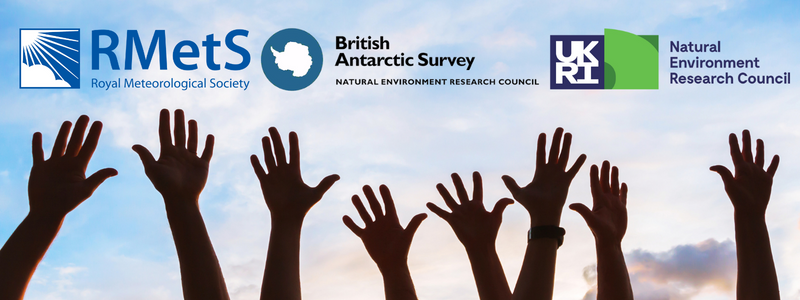
In 90 minutes you will learn about the science of climate change, including how changes in our polar regions impact the wider world and the actions that governments are taking to tackle the problem, giving you the knowledge and confidence to talk about climate change within local communities.
Training sessions will take place until February 2023.


